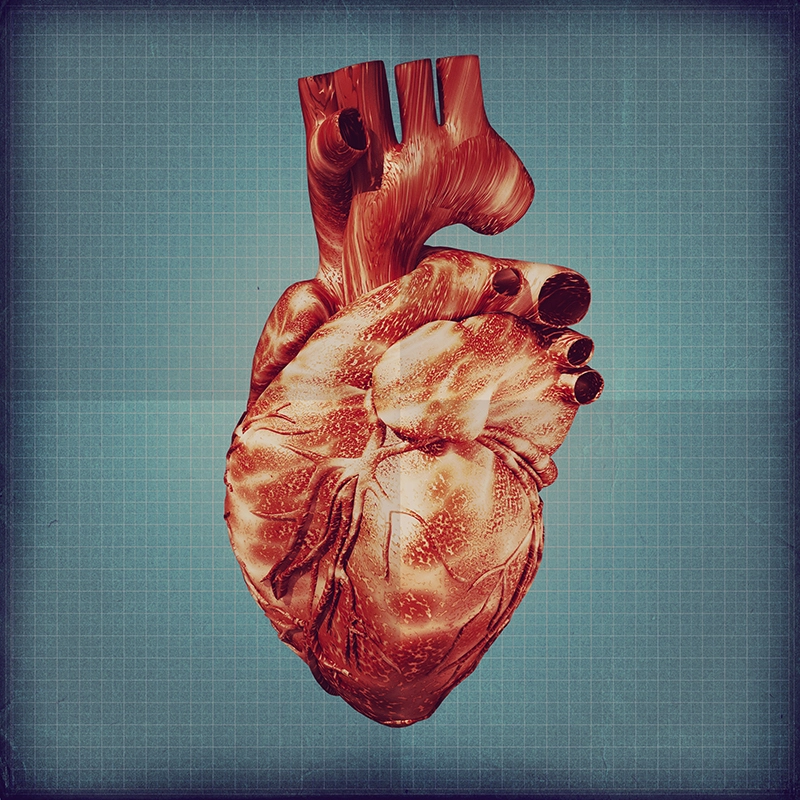Schizophrenia: An Overview
What is Schizophrenia?
- Schizophrenia is an illness that affects the brain and leads to difficulties with thoughts, feelings and behaviour.
- People with schizophrenia lose touch with reality and do not know which thoughts and experiences are true and real and which are not.
What are the Signs and Symptoms of Schizophrenia?
- People with schizophrenia show symptoms like hearing, seeing, feeling, smelling, or tasting things that are not real.
- Hearing voices is the most common symptom.
- People with schizophrenia develop strange and false beliefs, for example, thinking that they are a special person or a religious figure (such as God) or they have special abilities or powers, etc., other people are reading their minds, controlling their thoughts, or planning to harm them.
- The person’s thinking, emotion and behaviour are disturbed.
- There could be difficulty in paying attention, making decisions, communication and routine activities.
Who can get Schizophrenia?
- Schizophrenia can affect anyone regardless of gender, ethnicity, culture, intelligence or level of education.
- It typically presents in early adulthood or late adolescence.
What Causes Schizophrenia?
- The cause of schizophrenia is not fully known. It could result from –
- A complex interaction between genetic and environmental factors
- Defect in the brain structure
- An imbalance of chemicals in the brain
How is Schizophrenia Managed?
- The symptoms of schizophrenia can be managed by medicines called antipsychotics.
- Although, a wide range of antipsychotics are available, a choice of an antipsychotic is made based on patient type, treatment response and side effects.
- Psychosocial treatment (counselling) like cognitive behavioural therapy (CBT), social skills training, etc. help in coping and managing stress, addressing relationship issues, improve communication, address everyday challenges, etc.
- Early treatment helps in preventing the symptoms form becoming severe and in faster recovery.
- Approach your doctor and ask about the benefits and side effects of any medicine that's prescribed.
Myths and Facts about Schizophrenia
Myth 1: People with Schizophrenia have a Split Personality
Fact: This is the most common myth, but it’s completely false. People with schizophrenia do not have two separate personalities.
Myth 2: People with Schizophrenia are Always Dangerous
Fact: Violence is not always a symptom of schizophrenia and people with the illness are more likely to be the victims. Even though people with schizophrenia can act unpredictably at times, most aren't violent, especially if they're getting treated.
Myth 3: If your Parents have Schizophrenia, you'll Get it Too
Fact: Genes do play a role. But just because one of your parents has this mental illness doesn't mean you're destined to get it.
Myth 4: People with Schizophrenia Can’t Recover and Need to be Monitored at all Times
Fact: There are treatments available for schizophrenia that work well which helps them lead independent and productive lives.
Myth 5: People with Schizophrenia are Mentally Retarded
Fact: Schizophrenia does not always affect the intelligence of the person. People with schizophrenia do successfully go to school, hold jobs, and do things that require them to use their brains in multiple ways. It depends on how the disease has been managed.
General Tips/Advice for Caregivers of Patients with Schizophrenia
Caring for someone with schizophrenia can be challenging. Due to stigma, the illness isn’t talked about much.
- Accept the illness and difficulties associated with it
- Ensure doctor appointments are not missed
- Ensure the person takes medicines as instructed by the doctor.
- Supervise that no doses are missed and monitor associated side effects.
- Precaution to be taken in the presence of suicidal ideation/intent.
- Help the person to set simple goals in his/her life.
- Provide strong encouragement and emotional support to the patient to deal with the illness and build a fulfilling life.
Healthy Lifestyle Tips
- Follow healthy diet
- Develop sleep routine for good quality sleep
- Avoid alcohol, caffeine, nicotine, etc.
- Exercise regularly for physical and emotional benefits
- Manage stress through relaxation techniques like meditation, yoga, or deep breathing
- Stay connected to your loved ones
References
- P T. 2014 Sep; 39(9): 638–645
- BMJ. 2007; 335(7610): 91–95
- Dialogues Clin Neurosci. 2001; 3(2): 136–137
- Adapted from ‘Understanding Schizophrenia’ https://www.health.qld.gov.au/__data/assets/pdf_file/0023/424184/schiz_1.0a.pdf
- Adapted from ‘Helpful Hints About Schizophrenia for Family Members and Others’ http://psychcentral.com/lib/helpful-hints-about-schizophrenia-for-family-members-and-others/
- Adapted from ‘Helping Someone with Schizophrenia’ https://www.helpguide.org/articles/schizophrenia/helping-a-person-with-schizophrenia.htm










